GOV’T CAPS WHOLESALE ELECTRICITY PRICE
입력 2023.04.04 (15:11)
수정 2023.04.04 (16:45)
읽어주기 기능은 크롬기반의
브라우저에서만 사용하실 수 있습니다.
[Anchor Lead]
The decision to increase electricity rates has been postponed for now, but due to the massive deficit of over 32 trillion won faced by Korea Electric Power Corporation, the raise can’t be postponed indefinitely. The government has therefore lowered the wholesale electricity prices that KEPCO buys from power generation companies. But the issue lies in the power companies' resistance, as the companies are insisting they shouldn’t pass on their losses.
[Pkg]
The government has again implemented the System Marginal Price to cap the wholesale price of electricity in a bid to help the Korea Electric Power Corporation alleviate its financial woes. The per kWh price of electricity that the corporation will purchase from power producers is now limited to around 165 won. The move has sparked protest from power generating companies, which say they need to receive 237 won per kWh to avert losses. Private-sector power producers are especially upset with the government's move, because they sell a third of electricity purchased by KEPCO.
[Soundbite] Chung Woo-shik(Korea Photovoltaic Industry Association) : "Power companies have seen their revenues fall by between 10% to nearly 40%."
When the government limited SMP between December 2022 and February 2023, KEPCO's purchasing costs were estimated to have decreased by about 2 trillion won.
The cap was suspended in March, because it can be implemented for only three months in a row, and so has been resumed this month. Unlike KEPCO, which has seen some relief from the measure, power producers are worried their revenues may plummet. Some energy-related businesses have filed a constitutional complaint saying that restricting private sector's business activities is illegal.
[Soundbite] Chung Woo-shik(Korea Photovoltaic Industry Association) : "We asked the gov’t to reach a more reasonable decision. It's regrettable that it still decided to push for enforcing a wholesale price cap."
Experts say restricting prices through artificial measures is just a temporary remedy. They are calling for a fundamental overhaul in the structure of electricity prices, which are currently sold below the prime cost.
[Soundbite] Kim Jong-ik(Korea Energy Economics Institute) : "Reasonable energy consumption can be guaranteed when prime costs are given a priority and the costs of raw materials and fuel are also taken into account."
The government plans to decide on the next raise of electricity fees as soon as possible after collecting opinions of energy-related public corporations and private-sector experts.
The decision to increase electricity rates has been postponed for now, but due to the massive deficit of over 32 trillion won faced by Korea Electric Power Corporation, the raise can’t be postponed indefinitely. The government has therefore lowered the wholesale electricity prices that KEPCO buys from power generation companies. But the issue lies in the power companies' resistance, as the companies are insisting they shouldn’t pass on their losses.
[Pkg]
The government has again implemented the System Marginal Price to cap the wholesale price of electricity in a bid to help the Korea Electric Power Corporation alleviate its financial woes. The per kWh price of electricity that the corporation will purchase from power producers is now limited to around 165 won. The move has sparked protest from power generating companies, which say they need to receive 237 won per kWh to avert losses. Private-sector power producers are especially upset with the government's move, because they sell a third of electricity purchased by KEPCO.
[Soundbite] Chung Woo-shik(Korea Photovoltaic Industry Association) : "Power companies have seen their revenues fall by between 10% to nearly 40%."
When the government limited SMP between December 2022 and February 2023, KEPCO's purchasing costs were estimated to have decreased by about 2 trillion won.
The cap was suspended in March, because it can be implemented for only three months in a row, and so has been resumed this month. Unlike KEPCO, which has seen some relief from the measure, power producers are worried their revenues may plummet. Some energy-related businesses have filed a constitutional complaint saying that restricting private sector's business activities is illegal.
[Soundbite] Chung Woo-shik(Korea Photovoltaic Industry Association) : "We asked the gov’t to reach a more reasonable decision. It's regrettable that it still decided to push for enforcing a wholesale price cap."
Experts say restricting prices through artificial measures is just a temporary remedy. They are calling for a fundamental overhaul in the structure of electricity prices, which are currently sold below the prime cost.
[Soundbite] Kim Jong-ik(Korea Energy Economics Institute) : "Reasonable energy consumption can be guaranteed when prime costs are given a priority and the costs of raw materials and fuel are also taken into account."
The government plans to decide on the next raise of electricity fees as soon as possible after collecting opinions of energy-related public corporations and private-sector experts.
■ 제보하기
▷ 카카오톡 : 'KBS제보' 검색, 채널 추가
▷ 전화 : 02-781-1234, 4444
▷ 이메일 : kbs1234@kbs.co.kr
▷ 유튜브, 네이버, 카카오에서도 KBS뉴스를 구독해주세요!
- GOV’T CAPS WHOLESALE ELECTRICITY PRICE
-
- 입력 2023-04-04 15:11:09
- 수정2023-04-04 16:45:22

[Anchor Lead]
The decision to increase electricity rates has been postponed for now, but due to the massive deficit of over 32 trillion won faced by Korea Electric Power Corporation, the raise can’t be postponed indefinitely. The government has therefore lowered the wholesale electricity prices that KEPCO buys from power generation companies. But the issue lies in the power companies' resistance, as the companies are insisting they shouldn’t pass on their losses.
[Pkg]
The government has again implemented the System Marginal Price to cap the wholesale price of electricity in a bid to help the Korea Electric Power Corporation alleviate its financial woes. The per kWh price of electricity that the corporation will purchase from power producers is now limited to around 165 won. The move has sparked protest from power generating companies, which say they need to receive 237 won per kWh to avert losses. Private-sector power producers are especially upset with the government's move, because they sell a third of electricity purchased by KEPCO.
[Soundbite] Chung Woo-shik(Korea Photovoltaic Industry Association) : "Power companies have seen their revenues fall by between 10% to nearly 40%."
When the government limited SMP between December 2022 and February 2023, KEPCO's purchasing costs were estimated to have decreased by about 2 trillion won.
The cap was suspended in March, because it can be implemented for only three months in a row, and so has been resumed this month. Unlike KEPCO, which has seen some relief from the measure, power producers are worried their revenues may plummet. Some energy-related businesses have filed a constitutional complaint saying that restricting private sector's business activities is illegal.
[Soundbite] Chung Woo-shik(Korea Photovoltaic Industry Association) : "We asked the gov’t to reach a more reasonable decision. It's regrettable that it still decided to push for enforcing a wholesale price cap."
Experts say restricting prices through artificial measures is just a temporary remedy. They are calling for a fundamental overhaul in the structure of electricity prices, which are currently sold below the prime cost.
[Soundbite] Kim Jong-ik(Korea Energy Economics Institute) : "Reasonable energy consumption can be guaranteed when prime costs are given a priority and the costs of raw materials and fuel are also taken into account."
The government plans to decide on the next raise of electricity fees as soon as possible after collecting opinions of energy-related public corporations and private-sector experts.
The decision to increase electricity rates has been postponed for now, but due to the massive deficit of over 32 trillion won faced by Korea Electric Power Corporation, the raise can’t be postponed indefinitely. The government has therefore lowered the wholesale electricity prices that KEPCO buys from power generation companies. But the issue lies in the power companies' resistance, as the companies are insisting they shouldn’t pass on their losses.
[Pkg]
The government has again implemented the System Marginal Price to cap the wholesale price of electricity in a bid to help the Korea Electric Power Corporation alleviate its financial woes. The per kWh price of electricity that the corporation will purchase from power producers is now limited to around 165 won. The move has sparked protest from power generating companies, which say they need to receive 237 won per kWh to avert losses. Private-sector power producers are especially upset with the government's move, because they sell a third of electricity purchased by KEPCO.
[Soundbite] Chung Woo-shik(Korea Photovoltaic Industry Association) : "Power companies have seen their revenues fall by between 10% to nearly 40%."
When the government limited SMP between December 2022 and February 2023, KEPCO's purchasing costs were estimated to have decreased by about 2 trillion won.
The cap was suspended in March, because it can be implemented for only three months in a row, and so has been resumed this month. Unlike KEPCO, which has seen some relief from the measure, power producers are worried their revenues may plummet. Some energy-related businesses have filed a constitutional complaint saying that restricting private sector's business activities is illegal.
[Soundbite] Chung Woo-shik(Korea Photovoltaic Industry Association) : "We asked the gov’t to reach a more reasonable decision. It's regrettable that it still decided to push for enforcing a wholesale price cap."
Experts say restricting prices through artificial measures is just a temporary remedy. They are calling for a fundamental overhaul in the structure of electricity prices, which are currently sold below the prime cost.
[Soundbite] Kim Jong-ik(Korea Energy Economics Institute) : "Reasonable energy consumption can be guaranteed when prime costs are given a priority and the costs of raw materials and fuel are also taken into account."
The government plans to decide on the next raise of electricity fees as soon as possible after collecting opinions of energy-related public corporations and private-sector experts.
이 기사가 좋으셨다면
-
좋아요
0
-
응원해요
0
-
후속 원해요
0










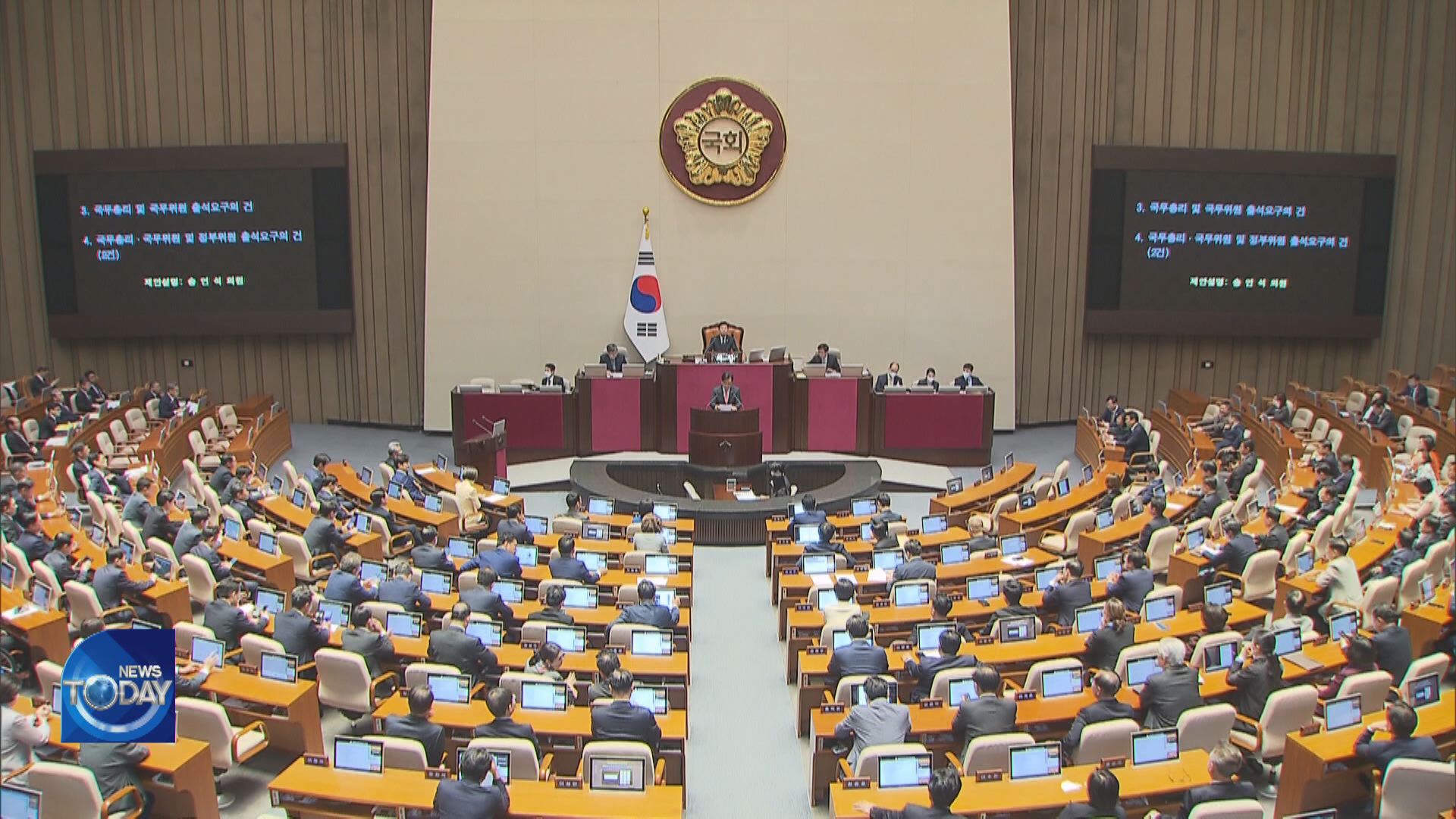
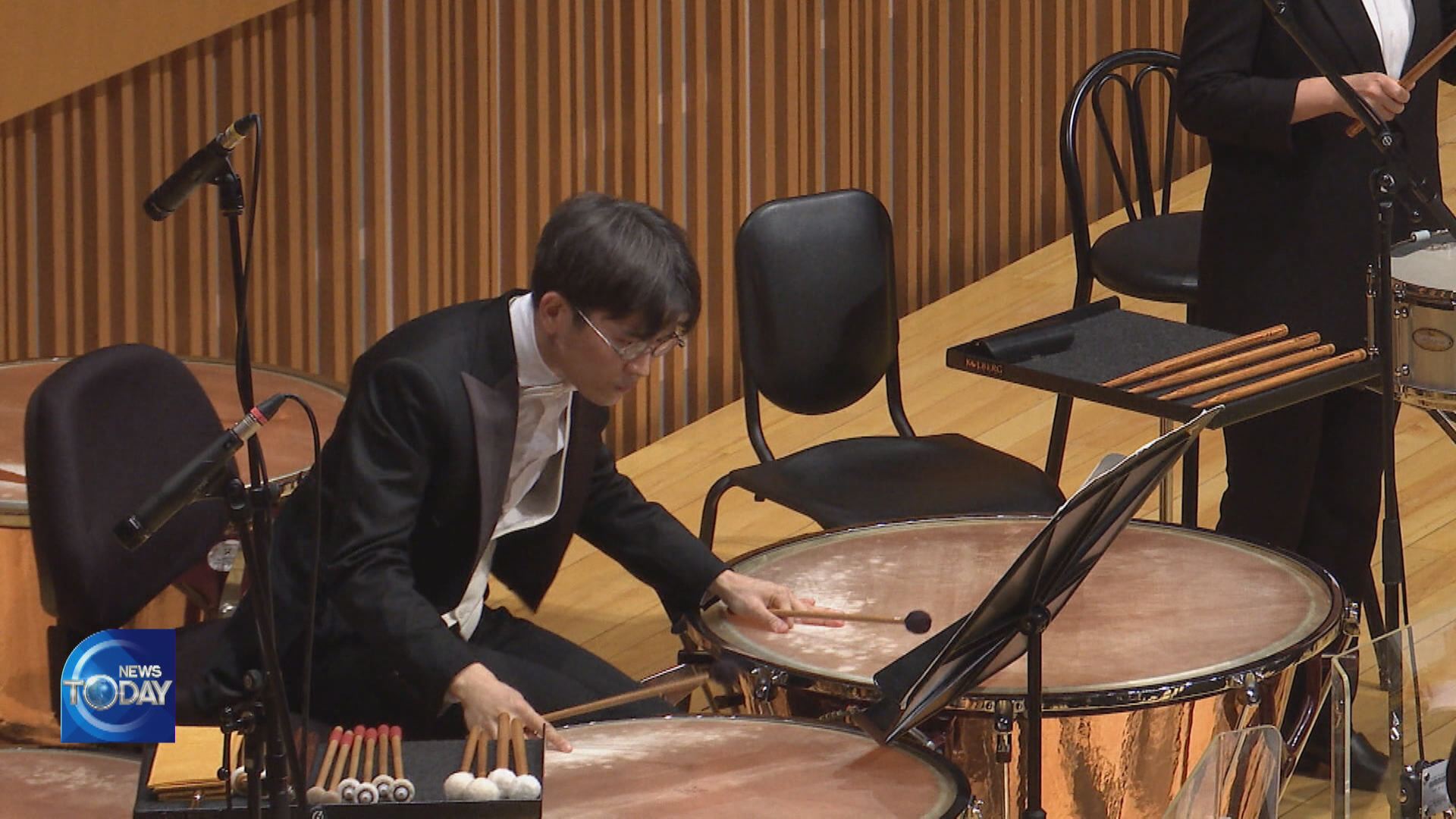

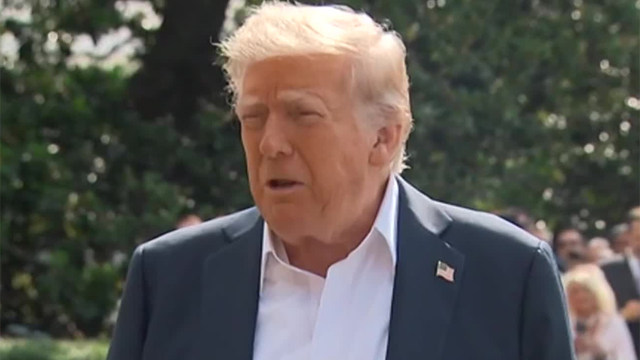
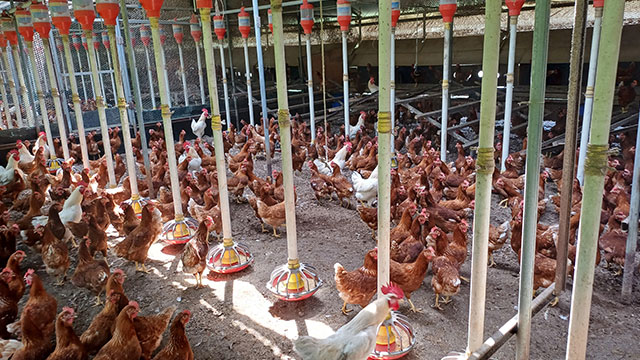
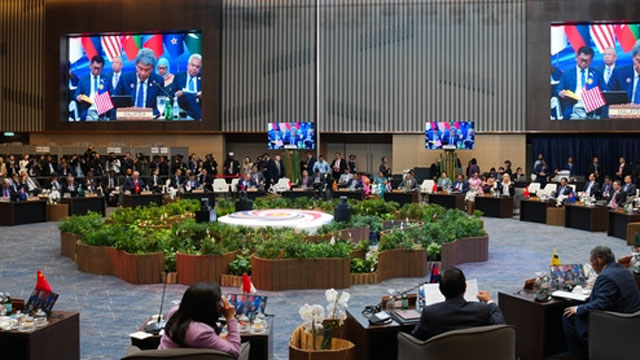

이 기사에 대한 의견을 남겨주세요.